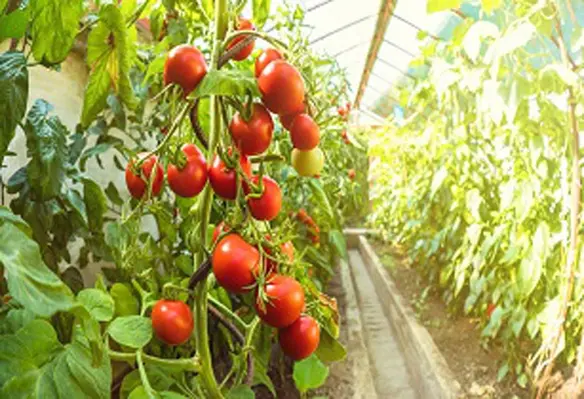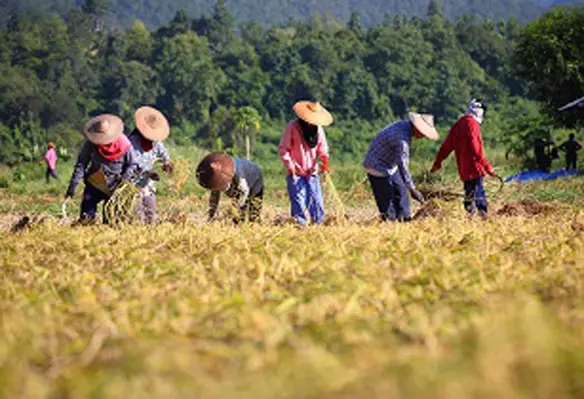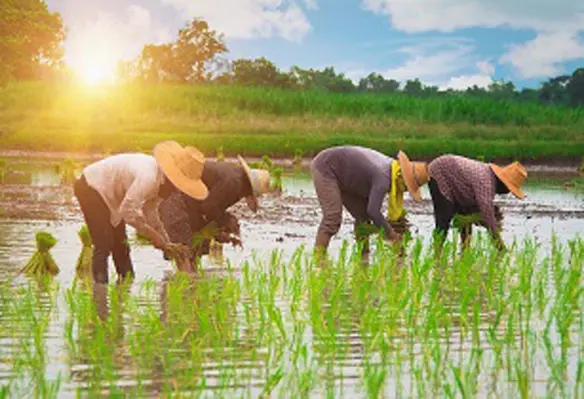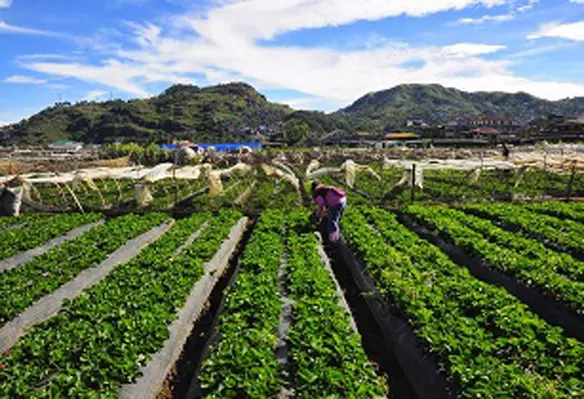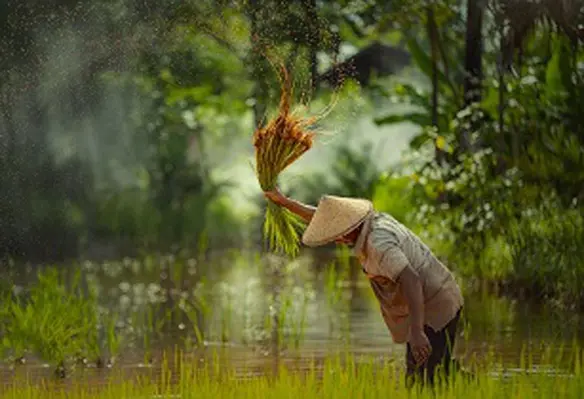
Prime Minister Hun Sen handed more than 100 rice paddy seedling transplanting machines to communities. (Image source: Adobe Stock)
Cambodia’s Prime Minister, Hun Sen, has outlined the government’s new strategies for the development of the agriculture sector to create the fifth economic pole in the northeast part of the country



